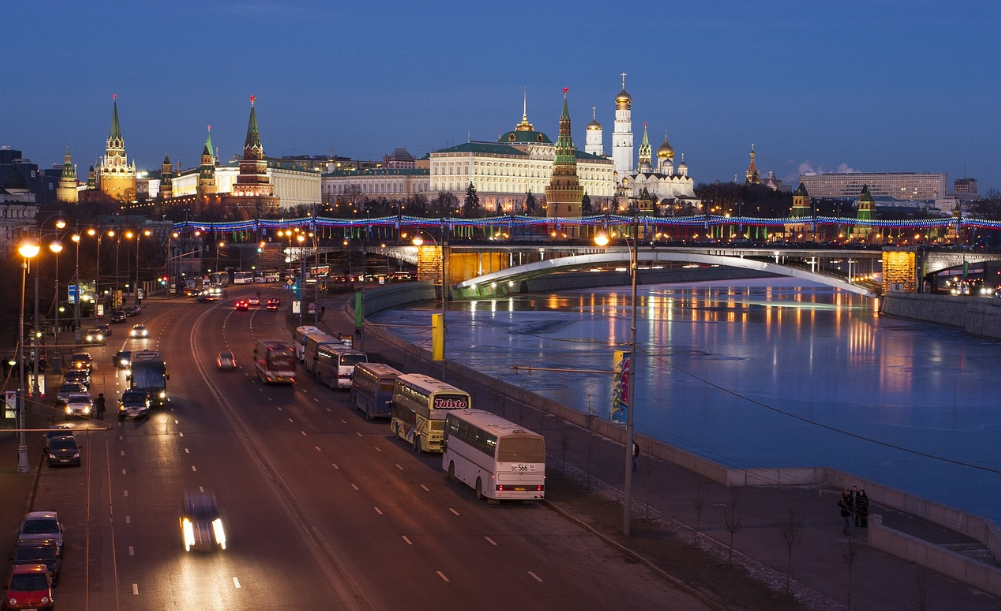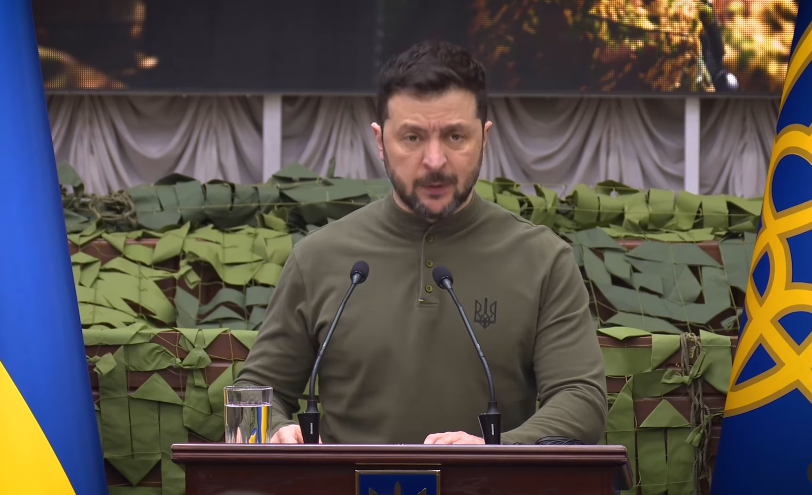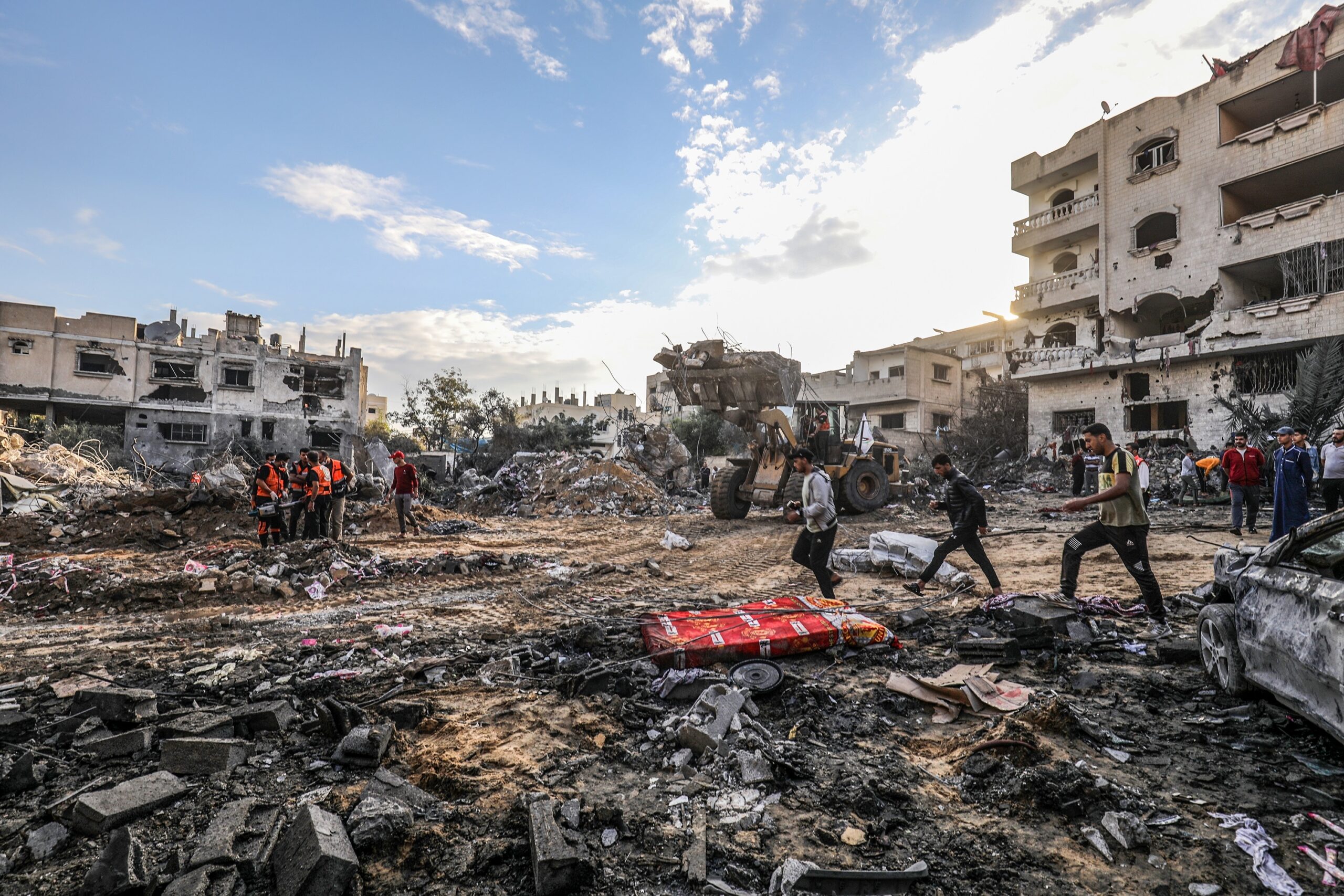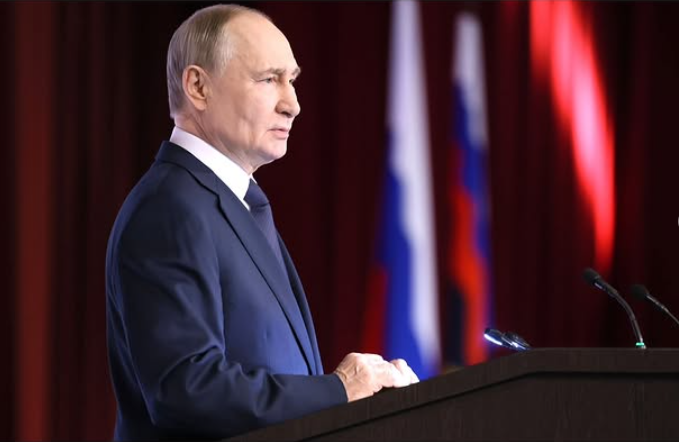[ad_1]
MARACAIBO/CARACAS, Venezuela (Reuters) – The newly elected opposition governor of Venezuela’s western Zulia state was dismissed on Thursday by the pro-government local state legislature, adding to disarray among foes of the ruling socialists.
The sacking of Juan Pablo Guanipa, one of five opposition governors in Venezuela’s 23 states, came after he refused to swear loyalty to an all-powerful national legislative superbody aligned with President Nicolas Maduro’s ruling socialists.
“They held a secret, express session to remove him,” Guanipa’s spokeswoman Erika Gutierrez told Reuters of the morning meeting of Zulia’s state legislature.
Venezuela’s opposition Democratic Unity coalition, which groups several dozen anti-Maduro parties, has been in crisis since a surprise defeat at this month’s state elections.
Despite polls showing it would win a comfortable majority due to widespread public anger over Venezuela’s brutal economic crisis, the opposition only took five states compared to 18 for Maduro’s Socialist Party candidates.
Opposition leaders blamed dirty tricks by the government, including the last-minute moving of many vote centers in opposition areas, along with abstention by supporters disillusioned at the failure of protests earlier this year.
Driving home its advantage, the government said only governors who recognize the supremacy of the pro-Maduro Constituent Assembly could take office.
Four opposition governors did that this week, sparking recriminations and bickering within the coalition, but Guanipa said he would never “kneel before the dictatorship.”
“This is an assault on the will of the people,” he tweeted after his removal on Thursday, denouncing a “coup” in the oil-rich state on the border with Colombia.
OPPOSITION IN-FIGHTING
Prior to this week, the opposition, along with various major foreign nations including the United States, had refused to recognize the Constituent Assembly.
Elected in July after four months of anti-Maduro protests, the body has overridden the opposition-run national congress.
One major opposition leader, Henrique Capriles, said he would no longer participate in the coalition while Henry Ramos, leader of the Democratic Action party whose four governors swore themselves in before the assembly, was a member.
Capriles’ Justice First party, and the Popular Will party of detained opposition leader Leopoldo Lopez, have called for a complete reformulation of the opposition grouping.
Officials from Maduro down have been rubbing their hands in glee at the opposition implosion, and cheekily urging the controversial Ramos – a polarizing figure unpopular among young opposition militants – to stand for president in 2018.
“Backstabbing has broken out in the opposition, all against all,” crowed Maduro earlier this week.
The Constituent Assembly also announced on Thursday local mayoral elections would be held in December, giving the opposition a short time-frame to develop strategy.
Popular Will has already said it plans to boycott that vote.
Young protesters, who saw hundreds of their fellow demonstrators jailed, injured or even killed in anti-Maduro street protests earlier this year, are disgusted by what for them is now a bleak political scenario.
More than 125 people, including supporters of both sides plus security officials and bystanders, died in four months of unrest that Maduro said amounted to a U.S.-backed coup attempt.
“Let the people continue speaking loud and clear in defense of peace, sovereignty and the sacred right to self-determination,” Constituent Assembly head Delcy Rodriguez said, announcing the December municipal vote that the socialists now expect to win handily given the opposition’s disillusionment.
Additional reporting by Andrew Cawthorne; writing by Andrew Cawthorne; editing by David Gregorio and Cynthia Osterman
[ad_2]
Source link






Leave a Reply